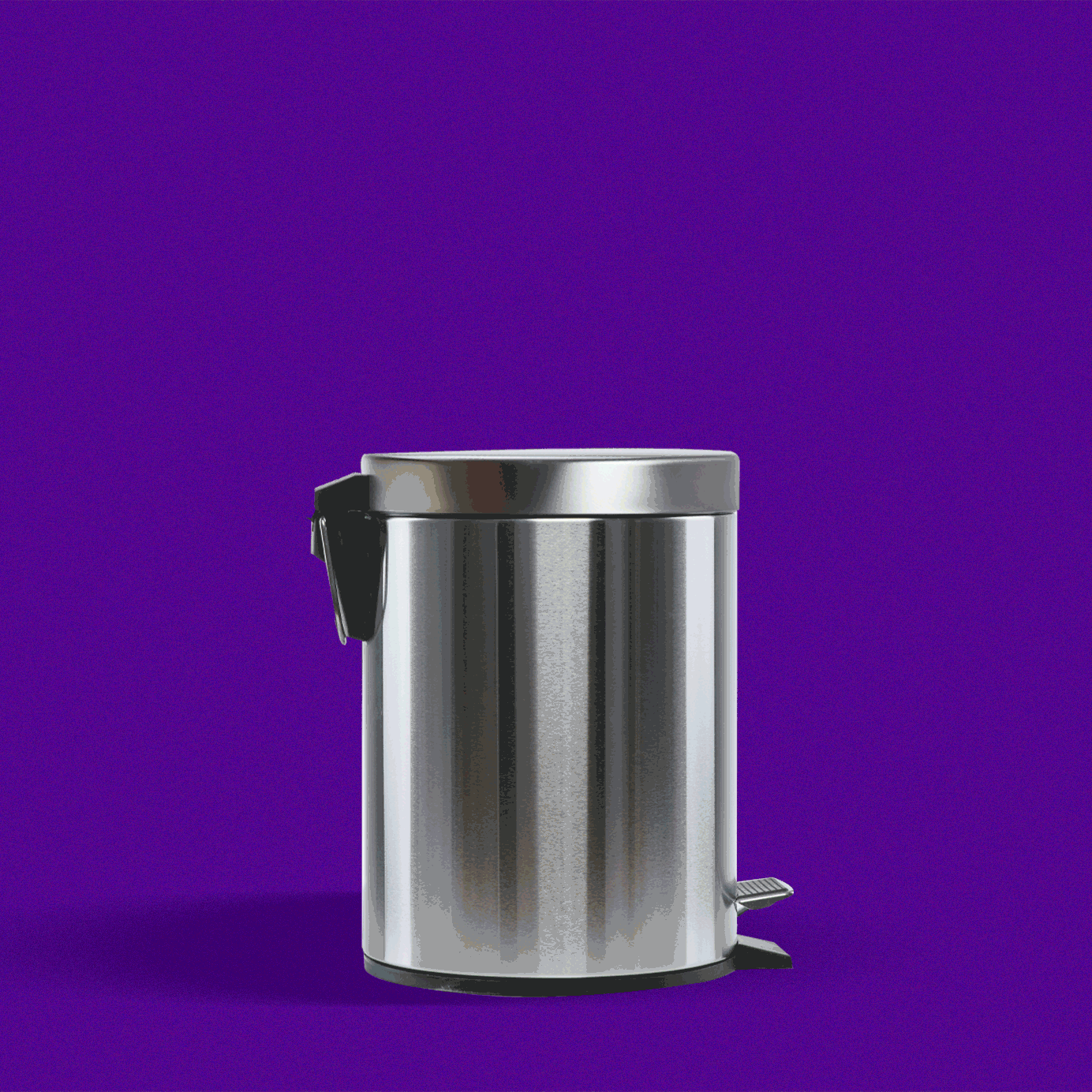“No one is going through the Court anymore,” says Stevie Stacionis, sommelier and owner of Oakland, Calif.’s Bay Grape wine shop. The Court of Master Sommeliers (CMS for short), once regarded as the most prestigious American organization offering wine certifications, fell from grace following a 2020 story released by The New York Times that revealed its unsavory power dynamics in addition to sexual harassment claims made by many of its female members. “So much of so many people’s work is getting cast aside because of the misdoings of a pretty rotten bunch of individuals,” Stacionis says.
As a CMS-certified sommelier who for years worked under a number of the accused men through GuildSomm, Stacionis founded Bâtonnage, a forum and membership program made by and for female wine professionals. But she doesn’t think her program — or any of the ones adjacent to it — can quite fill the role that the Court once did. “I think there’s really great value in the content that was coming out of the CMS in terms of theory as well as service standards,” she says. “People aren’t getting the education that I think they really need outside of that format.”
But while Stacionis wishes such education was more readily accessible, she understands “on a profound level” why folks may be increasingly wary of working with organizations like the Court and Wine & Spirit Education Trust (WSET) which, like most other wine certifications, have long been run by white men with enough money to pay for courses that require students to shell out hundreds if not thousands of dollars just to take an exam. Such barriers to entry have led to institutional issues such as a lack of transparency and accountability for top-level members. While the 2020 scandal brought many of these problems to light and led the Court to expel six members and appoint more diverse members to its board of directors, some worry that the organization is too far gone to be saved. “Maybe it just needs time, but I’m worried it’s gonna shrivel and die in the meantime,” admits Stacionis.
Jenni Guizio, director of wine and beverage at NYC’s Union Square Hospitality Group, doesn’t hold a CMS certification, and says a lack of official training is never a dealbreaker for her when hiring staff for USHG’s restaurants. She values on-the-job experience over certifications, prioritizing where a candidate has previously worked, who they’ve worked for, and mentorship relationships that they may have formed along the way. For Guizio, the core benefit to formal training lies in the opportunity it provides for exploration. “It ensures [people] don’t just study what they’re interested in, but delve into all different corners of the wine world,” she notes.
Meanwhile, Ron Edwards, wine education director at importer and distributor Winebow, believes that degree-holding wine pros may be less willing to admit what they don’t know. “People can become arrogant if they’re not careful,” he says. “It can show in your attitudes toward others, and that is the biggest danger for any beverage certification.”
That said, certifications like the CMS and WSET can also serve as avenues for those outside the trade to learn more about a subject they’re passionate about — especially as the Covid-19 pandemic gave everyone from journalists to influencers and hobbyists plenty of unexpected downtime. In fact, in the 2020/2021 academic year, a record number of students pursued their WSET certifications, with a whopping total of 108,584 candidates — a 12 percent increase from the previous year. “We have definitely seen an increase in people who do not work in the wine industry taking WSET certification courses since the start of the pandemic,” says Adam Chase, president of Grape Experience Wine & Spirit School. “I think the whole situation with Covid-19 has led many people to rethink their career choices and explore new opportunities.”
Meanwhile, in the hospitality space, wine education continues to be passed down through mentorship relationships, with experienced professionals aiding those newer to the industry through group tastings and study sessions. For Sarah Clarke, wine director at République, Bicyclette, and Manzke in L.A., that often means hiring employees without formal training and guiding them along the way. “When I’m hiring someone, I try to evaluate what I think their potential will be,” she says. “I don’t think [wine certifications] are the only thing that can make you successful.” Clarke, who’s regarded as a mentor in the wine community, supports blind tastings at the aforementioned restaurants, giving employees the chance to taste unique bottlings, try cork tainted wines so they know what to watch out for, and attend distributor tastings. Still, across République, Bicyclette, Manzke, and USHG restaurants, non-certified employees often pursue CMS certifications on their own volition — a fact that doesn’t surprise Clarke or Guizio. “We try to foster a culture where we give them the resources they need to do that: the space to meet, the availability of glassware, and wines at times,” says Guizio.
Ultimately, most restaurant and retail groups simply don’t have the bandwidth, funds, or labor forces necessary to teach the skills learned through programs like the CMS offers. “I see it on my teams,” Sacionis says. “When they’ve gone through these programs, they’re better.”
So what are wine professionals to do in what seems like a no-win situation? Should they still encourage their employees to pursue certification programs that are famously broken yet arguably still necessary? With fewer restaurants, bottle shops, and distributors requiring certifications for new hires, aspiring wine pros have the gift of choice now more than ever.
This story is a part of VP Pro, our free platform and newsletter for drinks industry professionals, covering wine, beer, liquor, and beyond. Sign up for VP Pro now!
